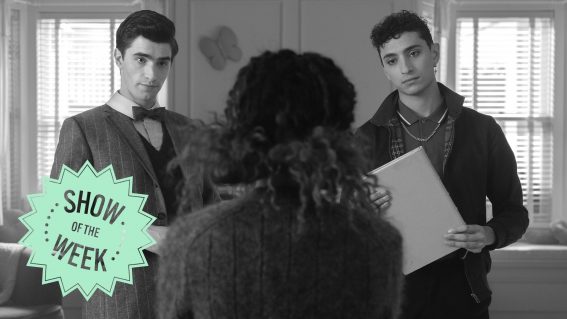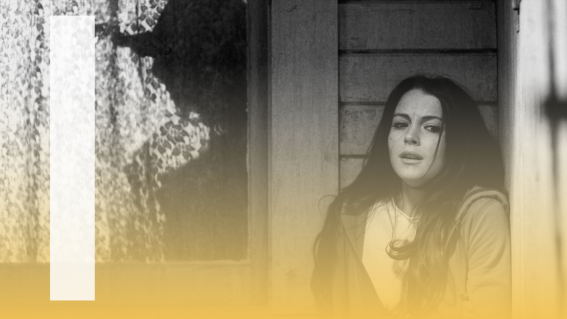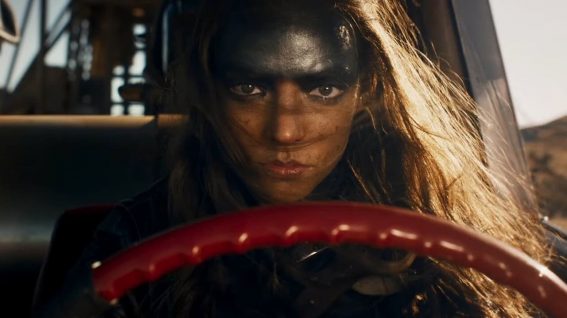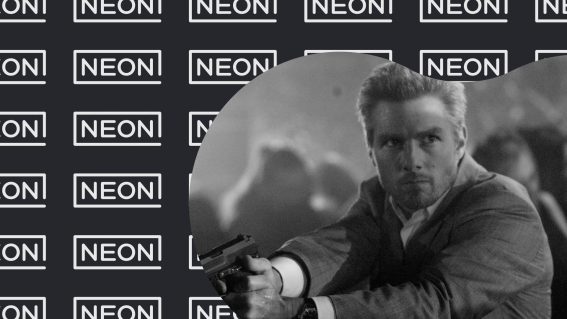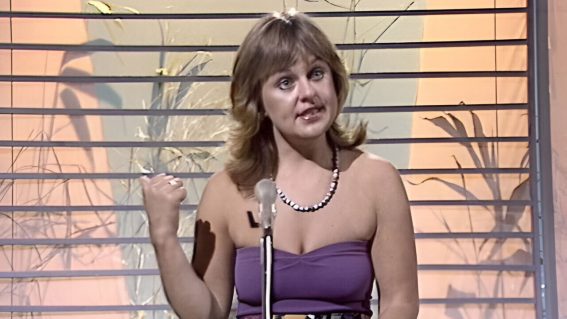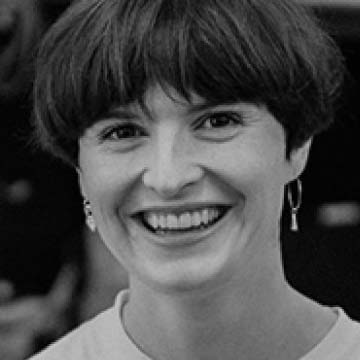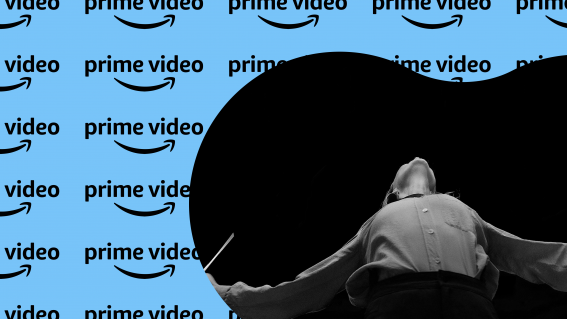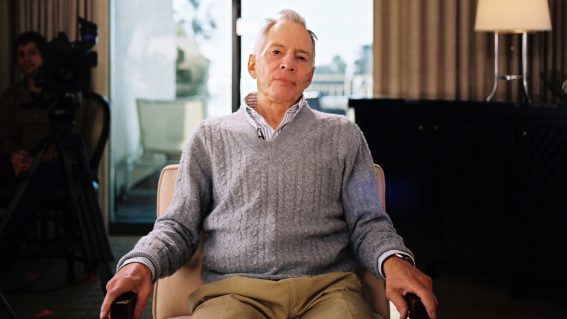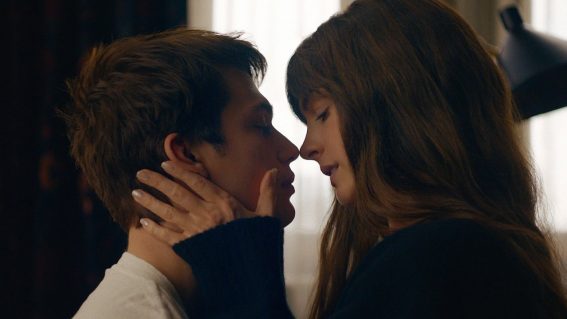Netflix comic gem This World Can’t Tear Me Down takes on Neo-fascism
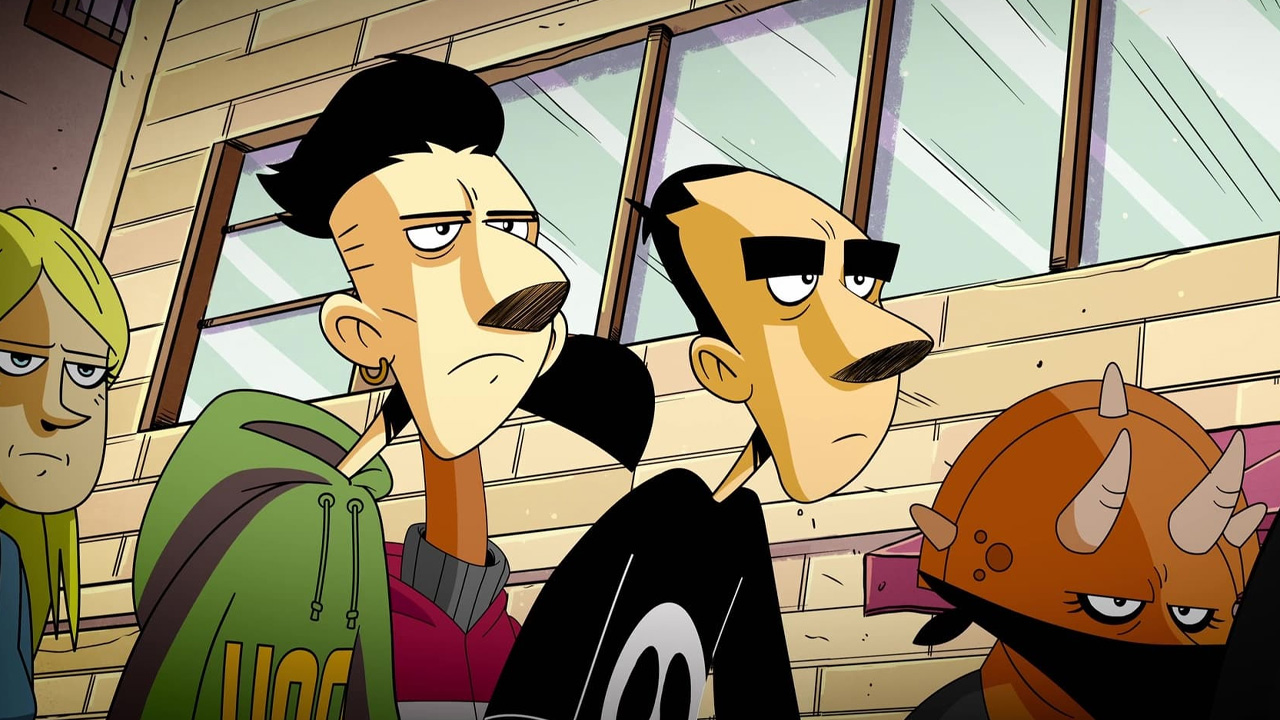
This World Can’t Tear Me Down is the six-episode follow-up to 2021 Netflix gem Tear Along the Dotted Line. Liam Maguren explores what made the original series so special and what this new series has to offer.
Family Guy became notorious for its use of cutaways. You know the format: a character will drop an anchor on the story to initiate some lol-so-random gag that has nothing to do with nothing. It often resulted in some damn funny moments of complete absurdity. But the irrelevance and meaninglessness of it all became so noticeable, it eventually found itself in the crosshairs of a two–part South Park episode.
When cutaways are used with relevance and meaning, however, you get 2021 Netflix gem Tear Along the Dotted Line. From the mind of Italian cartoonist Michele “Zerocalcare” Rech, the reflective autobiographical(ish) six-part series about stroppy, paranoid, insecure, dweeb-punk Zero used an arsenal of quickfire gags to gradually map out his anarchic, machinegun mind.
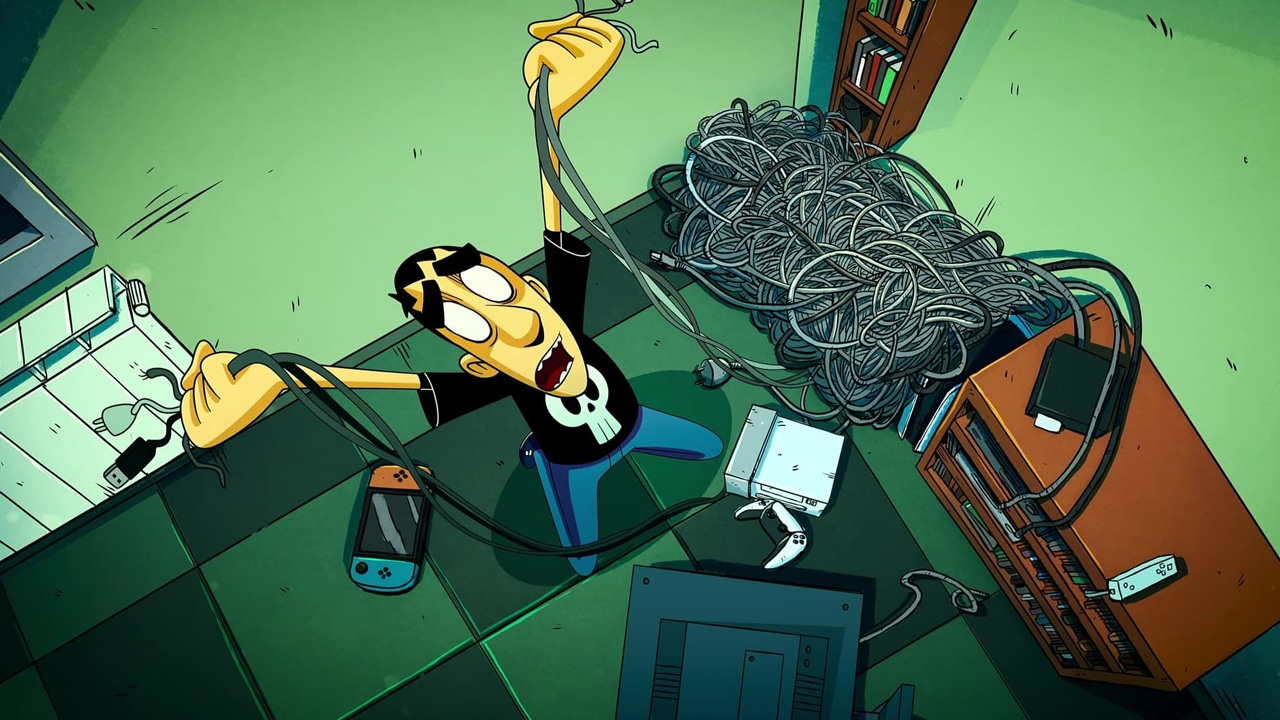
It may sound ridiculous, but a joke about a dystopian future saved by a mechanical dog that farts to the tune of Beethoven managed to say a lot about Zero’s hoarding habits. Another, which saw a Street Fighter granny dealing a game-ending shoryuken, pinned down one of the story’s emotional turning points.
I don’t know if it makes more or less sense to mention this, but Zero’s conscience is an imaginary armadillo. Moodily hanging around him and dropping blunt advice like a battle-hardened Jiminy Cricket, the armadillo’s apathy is perhaps the clearest depiction of Zero’s insecure brain and painful self-awareness.
But it’s a girl named Alice, the one who got away, that anchored Tear Along the Dotted Line. Zero’s insights into his social failings, career mishaps, and existential freak-outs often felt unrelated to Alice—until a surprisingly bold reveal near the end put the series into illuminating perspective.
Now we have the follow-up series, This World Can’t Tear Me Down, which uses the same dweeb-punk attitude and meta-gusto to look a little more outward. Like a lot of painfully self-aware people, Zero’s also sharply attuned to society’s many ills, and if there’s anything he cannot stomach more than himself, it’s Neo-fascism. These six new episodes unapologetically barge into the topic armed with pointed anecdotes and pop-culture references—from Greek mythology to Pingu.
Not a lot of shows would take such a shift in topic, but as Zero declares in episode one, “I made a series for Netflix, I can do whatever I fucking like, now.” Not that it’s new ground for Zerocalcare himself, whose 2018 short comic Questa non è una partita a bocce covered the rise of the Neo-fascist movement in Italy.
It’s a heavy topic delivered with palpable levity and creatively juvenile analogies: a cardboard kingdom of jerks visualises the political mistreatment of refugees; the role of “balanced” media coverage equates to an interview with a dick-antenna Teletubby; cynical program writers are designed to look like the long-tongued freaks from Resident Evil, “not because they’re cursed ass-lickers, yeah? I’m just sayin’ it to protect their privacy and because, well, maybe we’ll have to work together from now on.”
That last one’s especially relevant as the “Licko Bros” take hearty jabs at Zero’s voice and knack for talking at the speed of one paragraph per second. When Zero discusses the matter with the armadillo, it feels a lot like Zerocalcare acknowledging viewer feedback from the previous series. That’s painful self-awareness for you.
As such, it’s one of the few shows I have to watch with the English dub. Although I’ve been gracefully jumping over the inch-high subtitle barrier for decades, I simply can’t read at the pace this show demands. Fortunately, voice actor Adam Rhys Dee does a stellar job carrying Zero’s don’t-give-a-shit attitude with his appropriately scorching British accent (Zerocalcare handles the Italian vocal track himself).
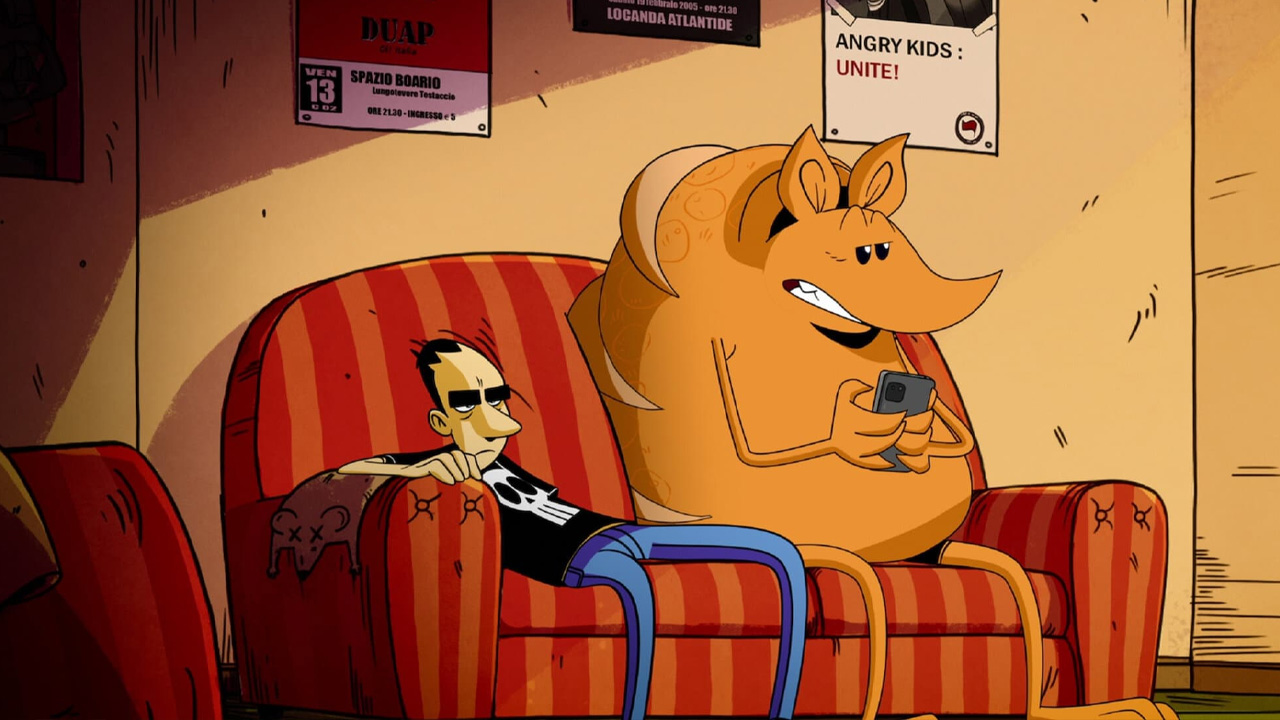
And a great voice actor is key for a show so dedicated to one character’s perspective on the world (almost every other character is voiced by Dee as Zero). Most of us don’t have an armadillo giving us life advice, but Zerocalcare’s creation will feel extremely relatable to many when it counts.
That may come when this new series’ anchor, Cesare, reveals more about himself. Another friend from Zero’s past, his backstory illustrates some very real truths about social isolation in the modern age. The resulting friendship between him and Zero takes a turn that will be felt in the stomachs of those who’ve had similar experiences with historic pals.
And if you don’t relate to that, you can almost certainly relate to Zero browsing Netflix and screaming, “I spent two hours obsessively scrolling the titles, getting more and more frustrated BECAUSE DAMN IT TO HELL, I’LL FIND SOMETHING DECENT TO WATCH EVEN IF I HAVE TO SCOUR 1950s POLISH SCI-FI THAT’S NOT BEEN DUBBED!”
If you’re that person, I recommend this show. It’s even been dubbed.



